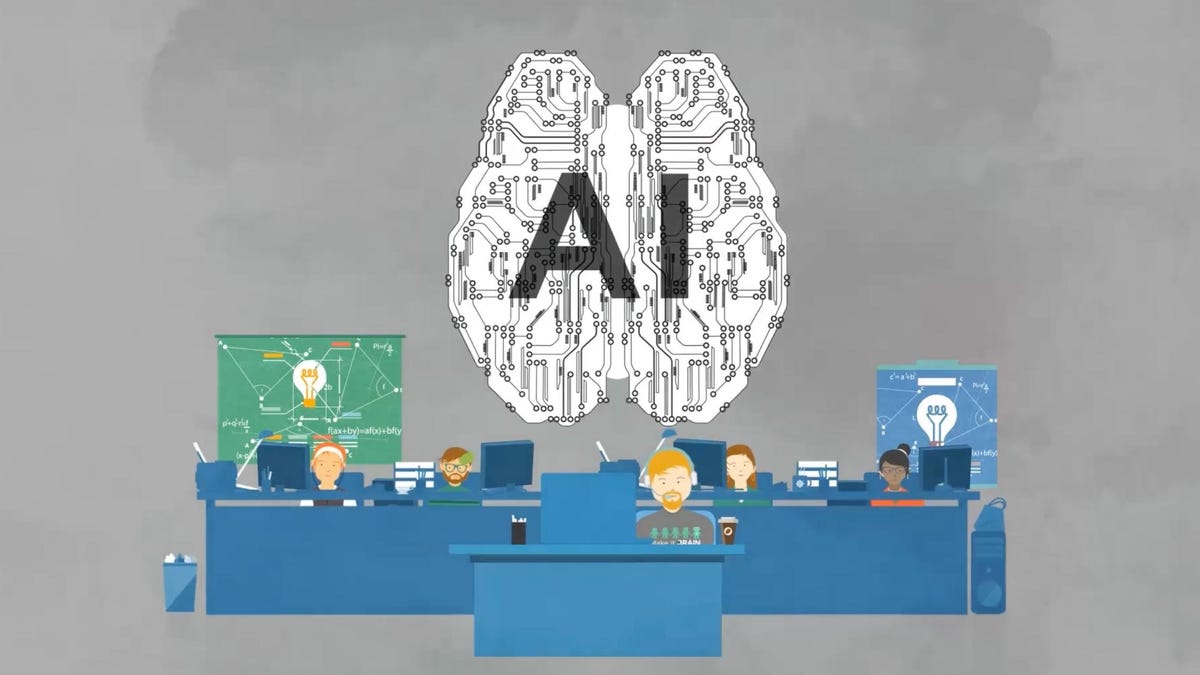Microsoft agrees to acquire AI startup Bonsai to boost Azure smarts
Machines that think better are a huge deal in computing these days.

Bonsai aims to make artificial intelligence technology easier to use in the real world.
Microsoft has agreed to acquire Bonsai, a startup focusing on the hot field of artificial intelligence.
Bonsai will become part of Microsoft's commercial AI offering through its own Project Brainwave foundation and its Azure cloud computing service, said Gurdeep Pall, Microsoft's corporate vice president of business AI, in a blog post Wednesday. "Bonsai has achieved some remarkable breakthroughs with their approach that will have a profound impact on AI development," he said.
AI -- especially areas called machine learning and neural networks -- is an immensely important development in computing. Instead of giving computers explicit instructions, companies train AI systems with real-world data and the computer learns to detect the patterns on its own. It's an approach that's delivering results already for tech giants including Google, Facebook, Apple, Amazon and Microsoft, and it's a core part of the technology that let IBM's Project Debater win arguments with 4-minute speeches it constructs and delivers on its own.
Terms of the deal weren't disclosed.

